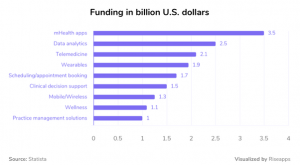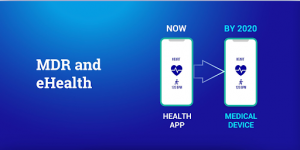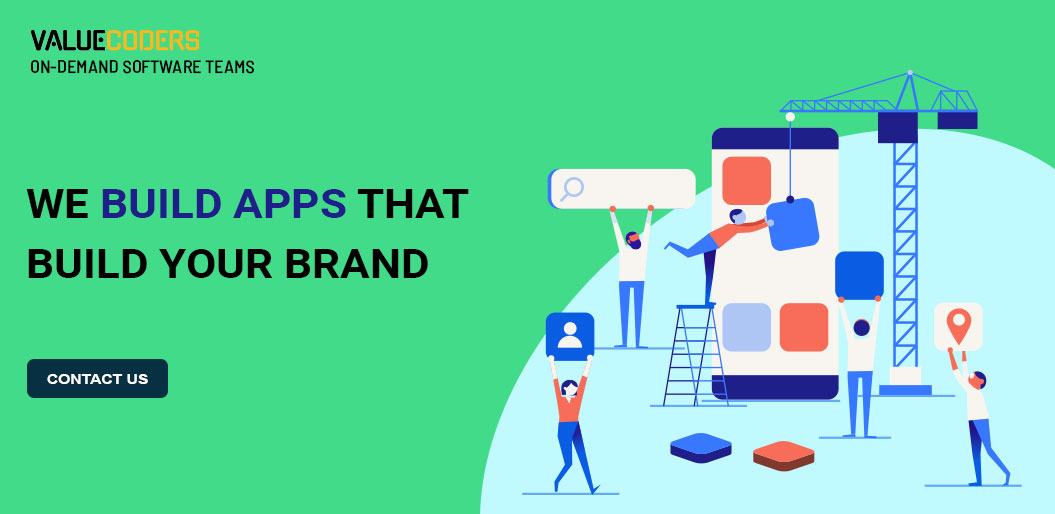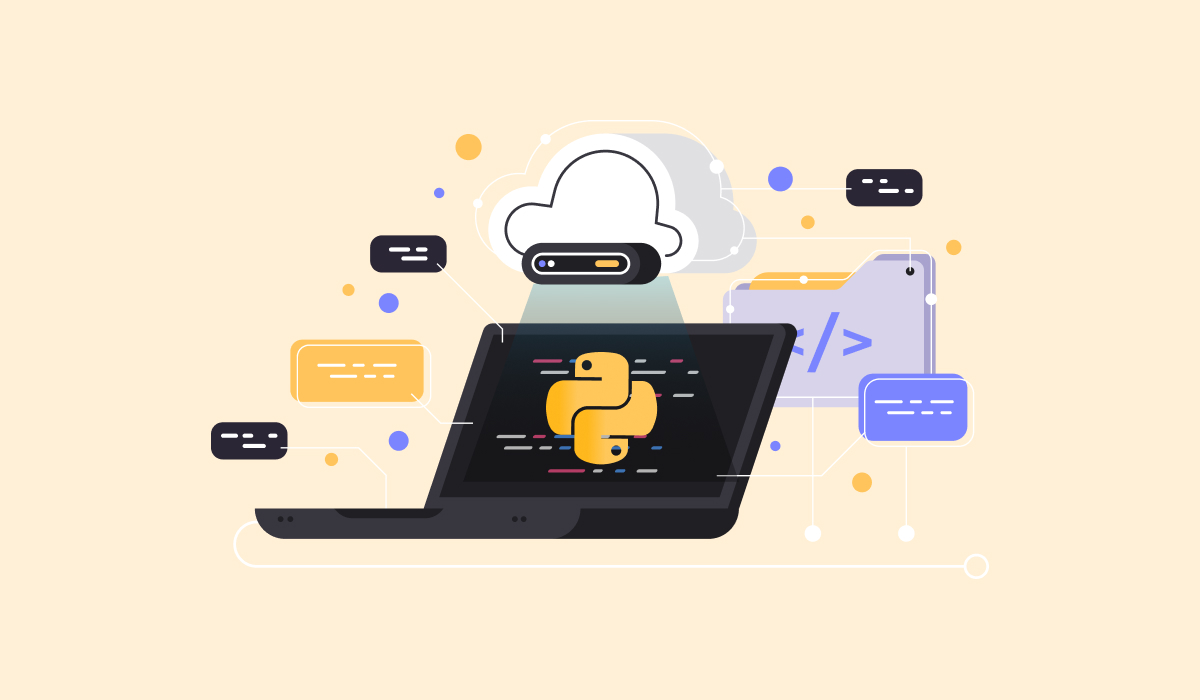The healthcare industry is projected to reach 280 billion U.S. dollars in 2020.
2021 will be the key year for the healthcare industry. But when it comes to digital health trends, legislation, artificial intelligence, telemedicine are used for solving the biggest challenges of our age.
Related: Health Care Investors Predict 10 Ways the Industry Will Change in 2020
Here is my list of key trends you really should know about digital health technologies in 2021:
- The most important of digital health trends is MDR:
The Medical Device Regulation (MDR) will change the administrative scene in the EU. It will have an especially significant effect on healthcare application development companies.
The MDR was ordered in 2017 and implemented from May 26, 2020.
From that date, every single new gadget should conform to the MDR so as to be promoted, sold or appropriated in the European market. Plan successfully and keep your health tech data safe that guarantees, you have great accomplices.
- Telemedicine for health systems:
2021 will be the year of telemedicine as it becomes mainstream in the healthcare industry. Personalized healthcare investment is booming in all verticals, hitting the healthcare development circuit in long strides.
More and more apps and gadgets are allowing healthcare application development companies to monitor, diagnose and treat patients remotely.
This will include real-time ECG monitoring, GP consultation apps and even robots for carrying out surgery remotely.
Telemedicine is finding applications with monitors that stores the patient’s observation remotely.
Artificial Intelligence and other intelligent technologies mimicking human-based behavior can drive innovation. It’s important that healthcare application development companies know how to make the most of the AI technology to improve healthcare processes that get to value with better outcomes.
Telemedicine offers patients personalized and immediate care, freeing up healthcare providers for dealing with more urgent cases.
-
- Big Data and Analytics for Patient Care:
In the US, Healthcare spending is incredibly expensive. Overall spending is $3.8 trillion dollars per year.
An overall overview of data analytics in the healthcare industry.
Empowered patient and patient care have revolutionized the way you think about healthcare. Analyzing this data offers a way to gain key insights into medical conditions. At the individual level, the data can form the basis for machine learning (AI), models that predict heart attacks.
At a wider level, it offers the chance to transform epidemiology and save lives on with mobile health on a global scale.
- Medical Artificial Intelligence:
The growth of medical artificial intelligence relies on hand-in-hand with big data analytics for the patient’s diagnosis and care.
This will range from chatbots to help patients with chronic conditions to the real-time diagnosis of heart attacks using machine learning.
These applications of AI seek to improve and personalize the delivery of healthcare for individuals.
Though there are technical and legal challenges to use Artificial Intelligence in health tech. Technically, medical data is often taken in a discrete format and the data has to be taken in observation every few hours. This will change the classic healthcare approach for the machine-learning-based healthcare approach. This could limit the application of AI in some circumstances where consent is the basis for lawful data processing.
For instance: A machine learning solution based on Anomaly Detection System which focuses on the intrusion faced by health monitoring devices such as spotting a malignant tumor in an MRI scan) and much more, the idea is to develop a healthcare application which is capable of intrusion detection to monitor healthcare processes in a not so oblivion manner.
Ageing Population:
The biggest challenge for global healthcare is demographics. Advances in healthcare mean people are living longer. But this aging population places a huge burden on healthcare application development companies.
Digital health apps and other digital tools can help in various ways often leveraging digital healthcare technology trends.
However, with an aging population by 2050, one in six people in the world will be over age 65 (16%), up from one in 11 in 2019 (9%). This will open up avenues for healthcare software development companies to address healthcare issues via healthcare software applications powered with Big Data and AI to improve care outcomes for patients in hospital settings.
Wearable devices and M-health apps:
Virtual trials are expected to reach $450 million, driven by wearable devices and M-healthcare smartphone apps.
The concept of virtual clinical trials is likely to emerge as it enables you to participate in clinical trials from your home or any other location you like.
The emergence of virtual trials reduces costs while simultaneously helping streamline processes and demonstrating real-world efficacy.
For instance: Companies like Science 37, have been generating an impact while working on engaging with and monitoring the patient throughout the virtual clinical trial.
- Role of Augmented Reality in Surgeries:
AR-based headsets and solutions leverage 2D images and other patient’s data to create and superimpose a 3D model of patient anatomy on the patient’s body.
AR is a technology that is capable of revolutionizing the efficiency and cost optimization aspects of surgery while improving the error rates owing to the high degree of precision offered in terms of surgical navigation and locating targets within the patient’s body.
Along with this come the parallel benefits of enhanced surgeon comfort, reduced effort, a less cluttered OR and potentially lower costs due to AR’s capability to replace OR display systems.
- Blockchain For EHR Interoperability:
Blockchain being a pioneer in healthcare has been helping EHR ( Electronic Health Records) with interoperability.
A major challenge for doctors resulting in regulatory non-compliance, poor referral management to specialists, longer in-patient stays when hospitalized, and preventable hospital readmissions – all because the care team did not have access to your entire medical history (items such as allergies to specific medications, for instance).
Blockchain in EHR would help in seamless data interaction between native and third-party health IT workflows that allows patient records to be accessible across different hospitals, and not just within a single hospital or health system.
Concluding Thoughts:
Now that I have dispersed the most recent digital health technologies trends that would change the landscape of healthcare industry in 2021.
A scope for healthcare application development companies to develop healthcare applications powered by AI and Blockchain.
Wait for these healthcare trends to unfold the endless possibilities that healthcare industry has to offer in proposition with healthcare based apps that has been shaping the healthcare industry to its fullest.
















